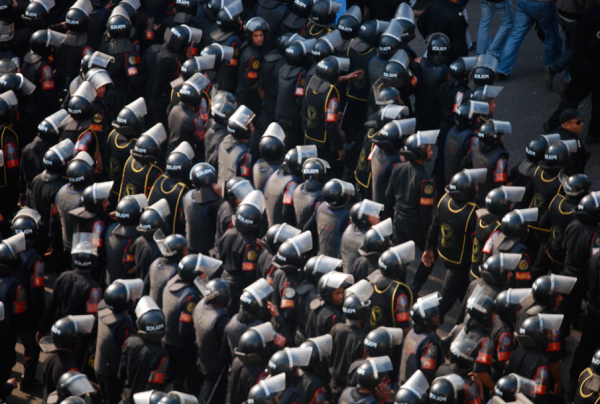Committed to Human Rights? Egypt Sparks Controversy at the UN
By: Yasmeen Shaheen
@YasmenShaheenn
By a sweeping majority, Egypt secured a seat at the United Nations Human Rights Council (UNHRC) during the annual elections held at the General Assembly on October 28.
Egypt’s three-year term is due to start in 2017, alongside the other 14 countries winning seats in this year’s ballot for the 47-member council.
However, some human rights groups say that the track record of some countries – such as Egypt, Saudi Arabia, Cuba and China – which also won seats this year – could undermine the organizations primary mandate.
Foreign Ministry Spokesperson Ahmed Abu Zeid told The Caravan that Egypt’s win indicates that their growing trust and appreciation for the country’s role in global affairs.
“Egypt’s membership comes concurrently with its membership with the Security Council and the Peace and Security Council of the African Union, which reflects the senior position and growing faith in Egypt at the international level,” Abu Zeid said.
“It confirms its leading role in promoting security and stability in the Middle East and Africa, along with the efforts to consolidate the principles of international law and respect for the UN Charter,” he added.
He believes Egypt’s seat his would enable it to better eliminate the disastrous humanitarian consequences of the acute conflicts and wars waged throughout the Middle East and Africa, underscored by the specific goal to prevent violations of civil and human rights.
Concerns regarding the Egyptian government’s commitment to human rights were, however, raised when a directive issued by the Central Bank of Egypt (CBE) froze the assets of local non-governmental organization (NGO) El-Nadeem Center for the Rehabilitation of Victims of Violence.
“Membership in the Human Rights Council came as a surprise to me because Egypt severely violate human rights, and what happened with El-Nadeem and any NGO is a representative example of these violations,” George Ishak Egyptian politician and founder of Kefaya (Enough) movement told The Caravan.
The UN Human Rights Council’s ability to successfully expose and hold violators to account is “under threat” because a number of countries may use it to thwart attempts to expose their own crimes and abuses, UN Director at Human Rights Watch Louis Charbonneau said in an official statement.
Others, however, feel international pressure within the Council could influence critical reforms.
The human rights records of newly elected members will be subject to increased scrutiny during the three-year council term in order to warrant UN credibility and prevent it from becoming a safe haven for all human rights violators.
But Jason Beckett, visiting assistant professor at the AUC’s Department of Law says it is important to remember that the UN is a political compromise, not an ethical institution.
“Election to council seats reflects political favor and context. It neither reflects nor influences behavior,” Beckett said.
“Being on the council brings prestige, and a certain ability to influence the agenda, but nothing more. The agenda is spoken and written about, but nothing more; the UN implements very little, or at least very little that is good,” Beckett said, bringing to light age-old critiques against the efficiency, legitimacy and credibility of the UN as the world’s governing body.


